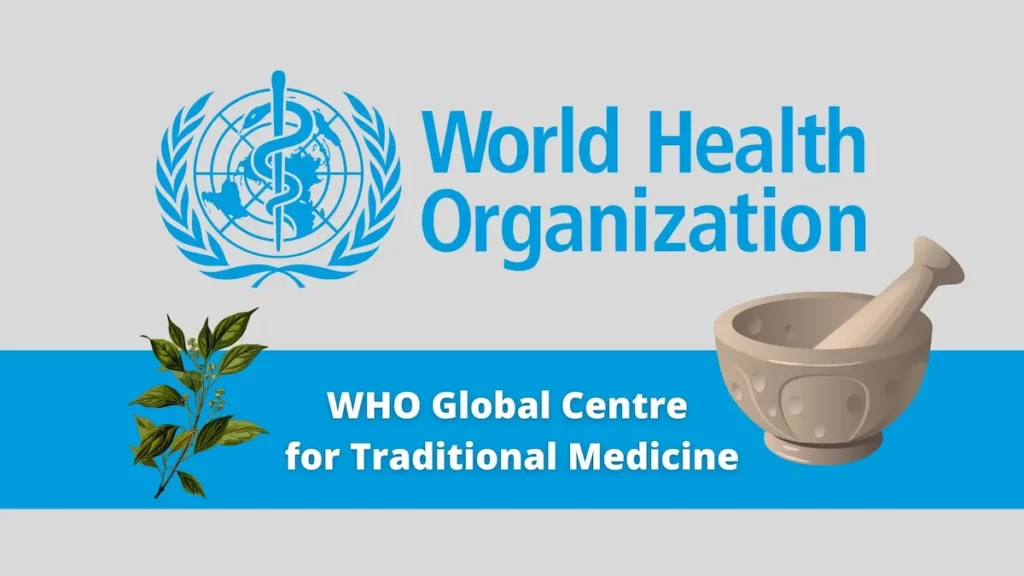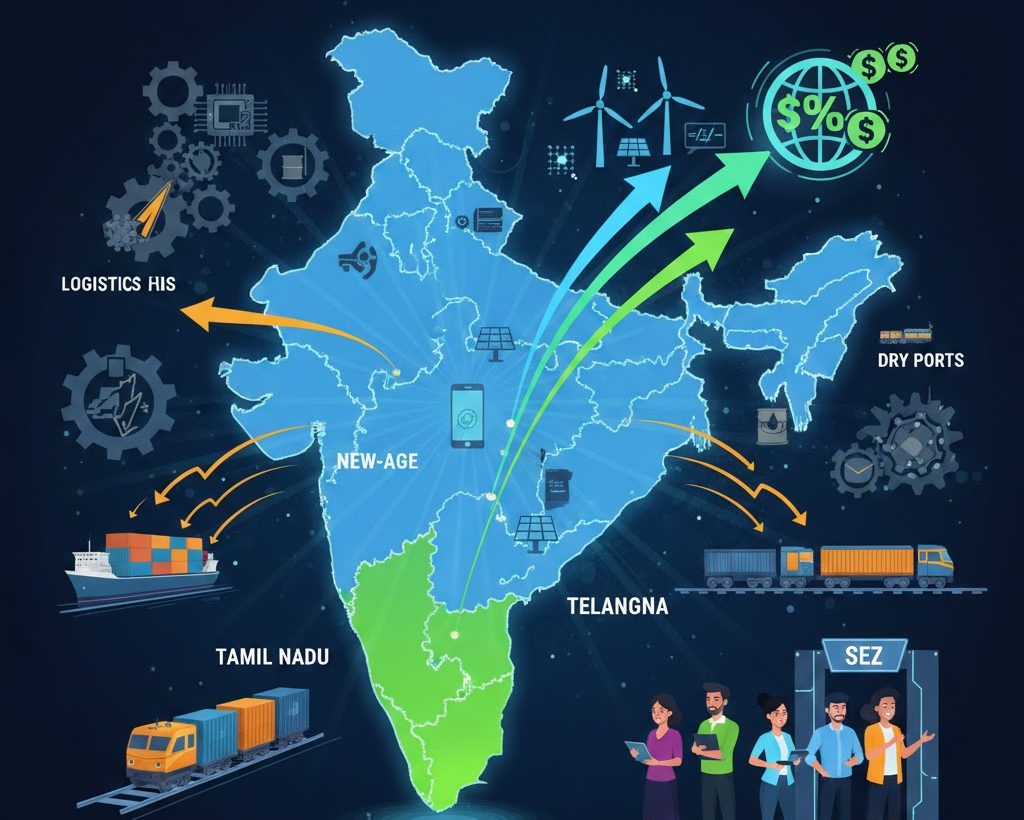Font size:
Print
Cooping Mechanism
Context:
In a significant move, Oil Marketing Companies (OMCs) chose to give sugar cooperatives precedence over private companies in the allocation of ethanol for the 880 million liters tender for the 2024-25 supply year, which began in November.
More on News
- This decision has delighted cooperative sugar mills, which accounted for 30% of the 32 million tonnes of sugar produced in the 2023-24 season.
- However, private millers have expressed dissatisfaction with this outcome.
Background
- New Ministry: The decision highlights the increasing influence of cooperatives, a shift attributed to the Ministry of Cooperation, which was established by a Union government gazette notification on July 6, 2022.
- Before its creation, cooperatives were under the Cooperation Division of the Ministry of Agriculture and Farmer Welfare.
- Bolstering the Sector: Under the Ministry of Cooperation, efforts have been made to bolster the cooperative sector despite concerns that a larger government role could undermine the voluntary nature of cooperatives.
- The Minister has promised 2025 will be a landmark year for the sector, focusing on transparency and expanding their reach.
- Reach of Cooperatives: India has over 800,000 registered cooperatives, many located in rural and semi-urban areas, impacting around 400 million people.
- While prominent brands like Amul, Iffco, and Kribhco have been successful, the sector has seen failures, leading some economists to question its long-term viability.
- Government Interference: Despite this, experts believe the Ministry’s efforts have brought cooperatives into the spotlight, although there are concerns about government interference in their agenda.
Cooperative Governance and Legal Challenges
- Court’s Ruling: Following the formation of the Ministry of Cooperation, the Supreme Court struck down parts of the 97th Constitutional Amendment, which sought to limit state powers over cooperatives.
- Jurisdiction: The Court upheld state governments’ authority to govern cooperatives within their jurisdiction while affirming the Central government’s role in regulating multi-state cooperatives (MSCS).
- A report by Primus Research estimates that India’s cooperative sector could Employment: generate 55-56 million self-employment opportunities by 2030, up from 30 million in 2018, with potential to contribute 3-5% to GDP.
- Interventions: However, to realise this potential, critical interventions are needed, including enhancing digital infrastructure, adopting new technologies, and improving access to finance through priority sector lending.
New Policies and Growth Initiatives
- Umbrella Organisation: A draft policy on cooperatives is being developed, recommending the establishment of an umbrella organisation under the Reserve Bank of India (RBI) and the National Bank for Agriculture and Rural Development (Nabard) to streamline credit structures for cooperatives.
- PACS: Efforts are also underway to expand the role of Primary Agriculture Cooperative Societies (PACS) in diverse economic activities such as running petrol pumps, ration shops, and medical stores.
- Approximately 105,000 PACS exist in India, with 65,000 operational.
- Plans are in place to establish 200,000 new PACS in the next five years.
- Initiatives: Several initiatives are being rolled out to support the cooperative sector, including the clearance of sugar mills’ tax dues worth ₹46,000 crore and the development of the world’s largest grain godown network under cooperatives.
- Tax reforms have also been introduced, such as reducing the surcharge on income tax for cooperative societies earning between ₹1 crore and ₹10 crore, bringing them on par with companies.
National Cooperative Developments
- The Ministry of Cooperation has launched three new multi-state cooperatives focused on exports, certified seeds, and organic products.
- Major promoters of these cooperatives include NDDB, Amul, Nafed, Iffco, and Kribhco, contributing to the capital of each cooperative.
- Bhartiya Beej Sahakari Samiti Limited (BBSSL) aims to standardise and distribute improved seeds under a single brand. It has already received 16,775 membership applications from 32 states.
- National Cooperative Organics Limited (NCOL) is a national cooperative for organic products, with 11 products launched and 5,154 applications received.
- National Cooperative Exports Ltd. focuses on promoting exports, generating ₹4,000 crore in revenue within its first few months by exporting rice, onion, sugar, and jeera.
The Ministry’s push for cooperatives reflects a broader strategy to enhance their role in India’s economy, support self-sufficiency, and improve the livelihoods of millions involved in the cooperative sector.



